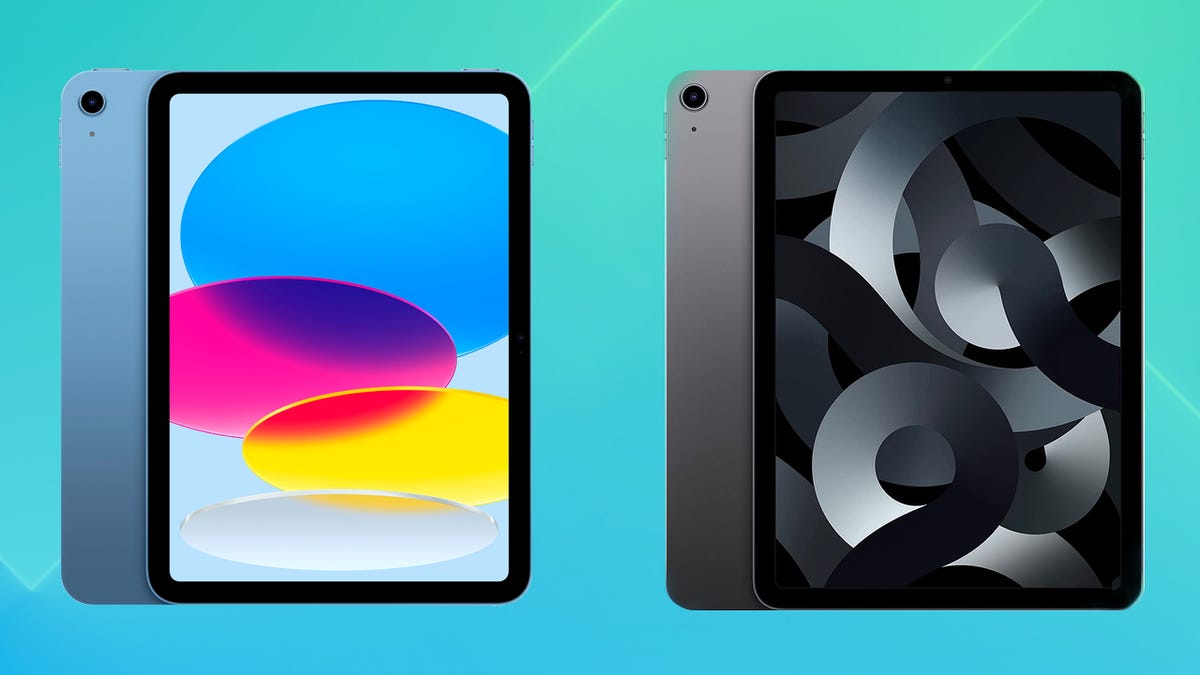BOOK THIS SPACE FOR AD
ARTICLE ADOpenSea NFT marketplace, over the weekend, unveiled its new ‘SeaPort' marketplace that will allow NFT sellers to strike direct deals with the buyers of digital collectibles. The decentralised platform, launched on May 20, will not be controlled or operated by OpenSea. Rather, it will be governed by smart contracts, allowing all NFT builders and collectors to use it. Blockchain-based smart contracts are like your typical legal contracts, but are written in codes. Smart contracts automate the execution of an agreement between two parties, when pre-determined terms are met, without the need of a third party.
Currently, marketplaces of non-fungible tokens (NFTs) only allow listings of digital collectibles where one entity supplies an NFT and the other provides an Ethereum blockchain-based payment token like ETH or ERC20. With Seaport however, OpenSea is changing its operational approach.
“Offerers can agree to supply a number of ETH / ERC20 / ERC721 / ERC1155 items — this is the “offer.” In order for that offer to be accepted, a number of items must be received by the recipients indicated by the offerer — this is the ‘consideration',” OpenSea explained in a blog post.
The new NFT marketplace has also been given the capability to shake-off any redundant asset transfers, which may end up consuming gas fees. This process makes the purchase and sale of NFTs clean and efficient.
“Seaport also supports the option to fulfill any number of listings at once through a set of ‘fulfillments' — each fulfillment corresponds to a single item transfer and indicates a group of offer items that the submitter can match with corresponding consideration items. As long as each consideration item on each listing is fully credited after all fulfillments have been applied, the offerers can leverage their coincidence of wants and complete their transfers,” the blog added.
With the launch of Seaport, OpenSea is bidding on the bright future of NFTs and the different use cases they are bound to have in the coming days.
“We built the initial version of the protocol to unlock use cases and optimizations that creators and collectors expect from a modern Web3 marketplace. And so, as adoption grows and developers create new evolving use-cases, we are all responsible for keeping each other safe. We urge all interested smart contract developers to take a look and help optimise, simplify, and review potential areas of security concern,” the blog post noted.
Introducing Seaport, a brand new web3 marketplace protocol for safely and efficiently buying and selling NFTs.
With an emphasis on flexibility and optimizations, Seaport has been built to support new and evolving use-cases for where NFTs are heading.https://t.co/3lUQIQm0km
The sales of NFTs reached some $25 billion (roughly Rs. 1,84,700 crore) in 2021 as the speculative crypto asset exploded in popularity, data from market tracker DappRadar showed.
OpenSea claims to be the largest NFT marketplace in the world. In January this year, its valuation touched $13.3 billion (roughly Rs. 98,868 crore).
In recent times, the competition in the NFT sector has increased multi-fold.
From LinkTree to Meta, several notable companies are now delving into the NFT space.
.png)
 2 years ago
105
2 years ago
105 














 Bengali (Bangladesh) ·
Bengali (Bangladesh) ·  English (United States) ·
English (United States) ·